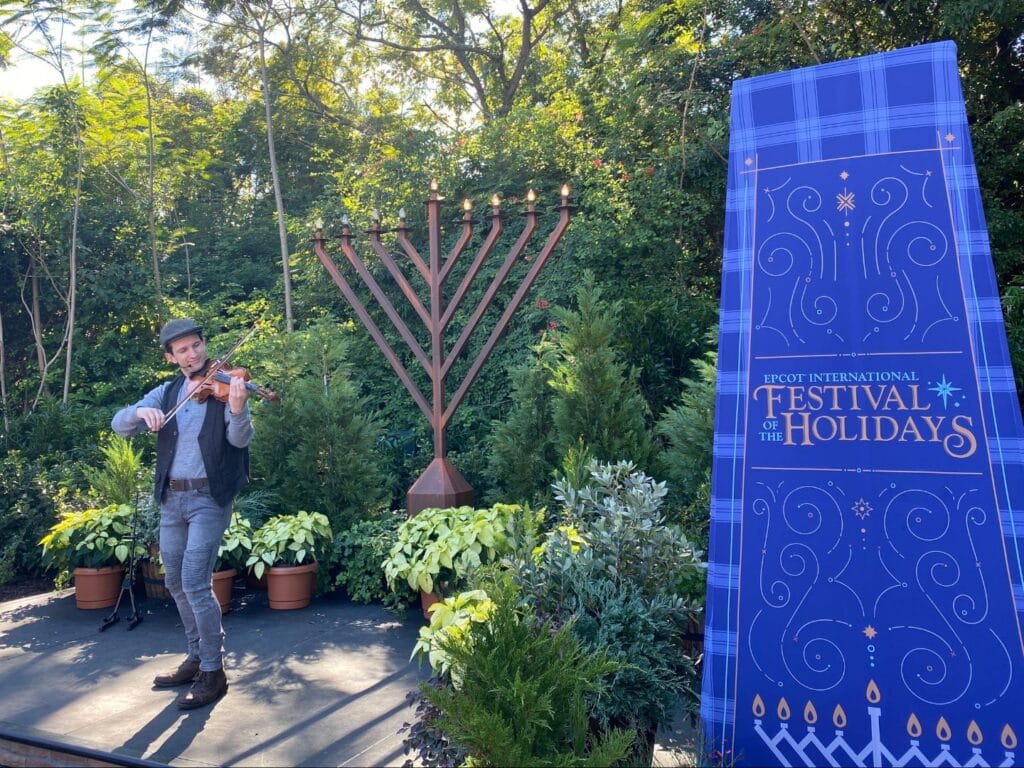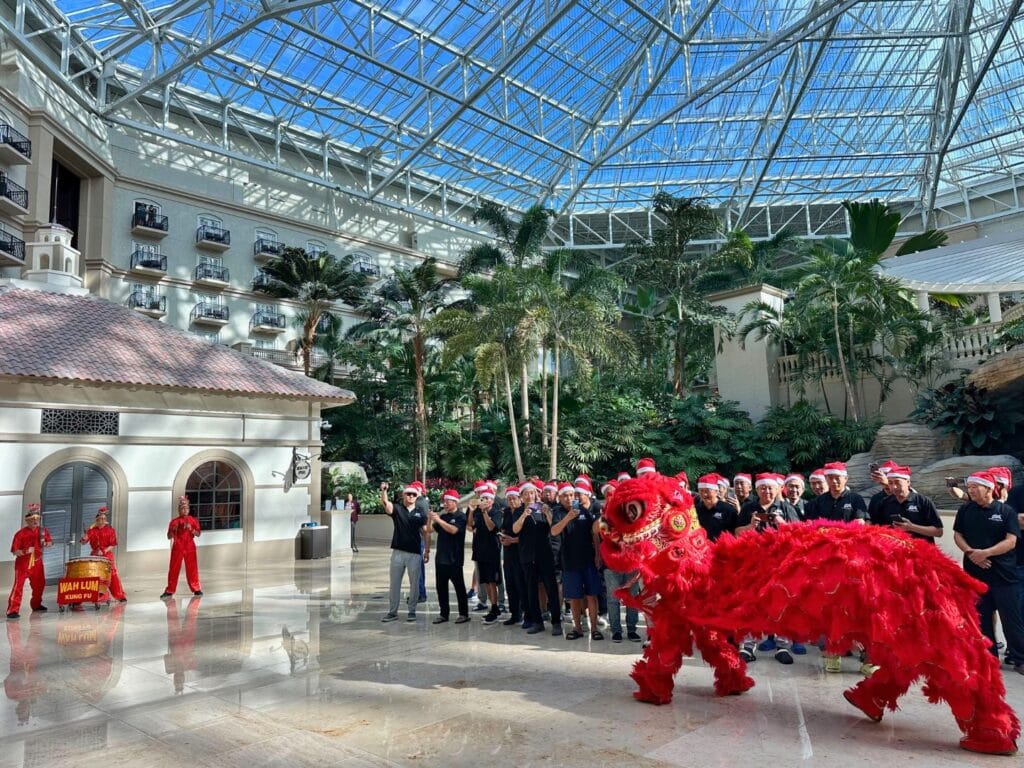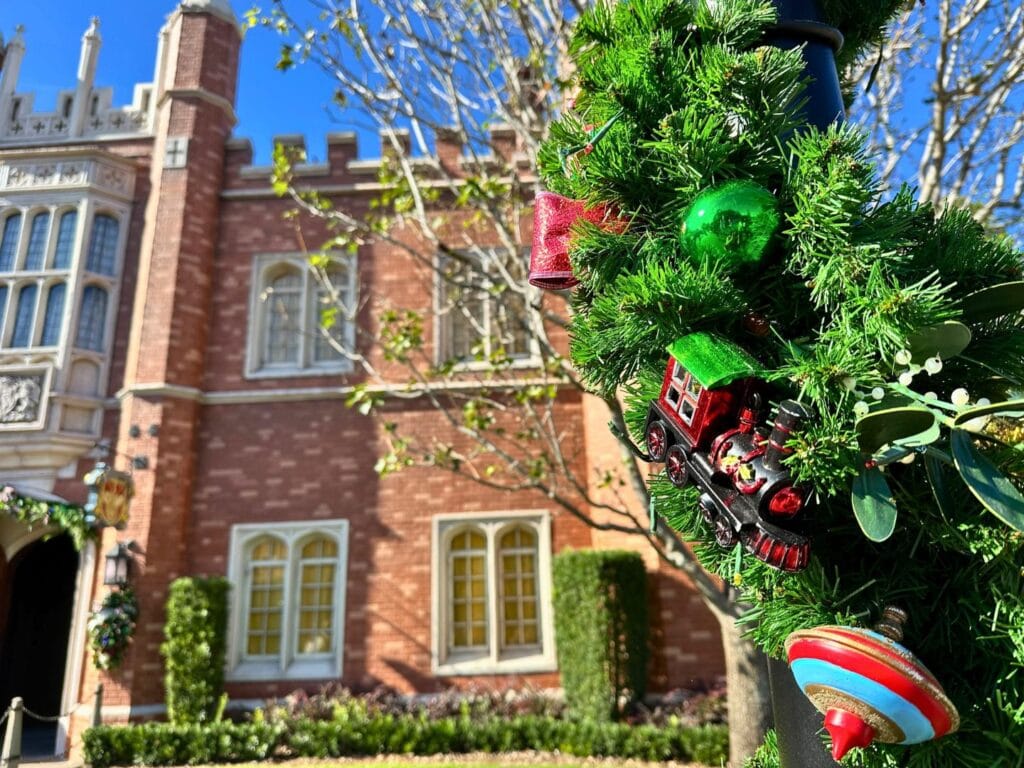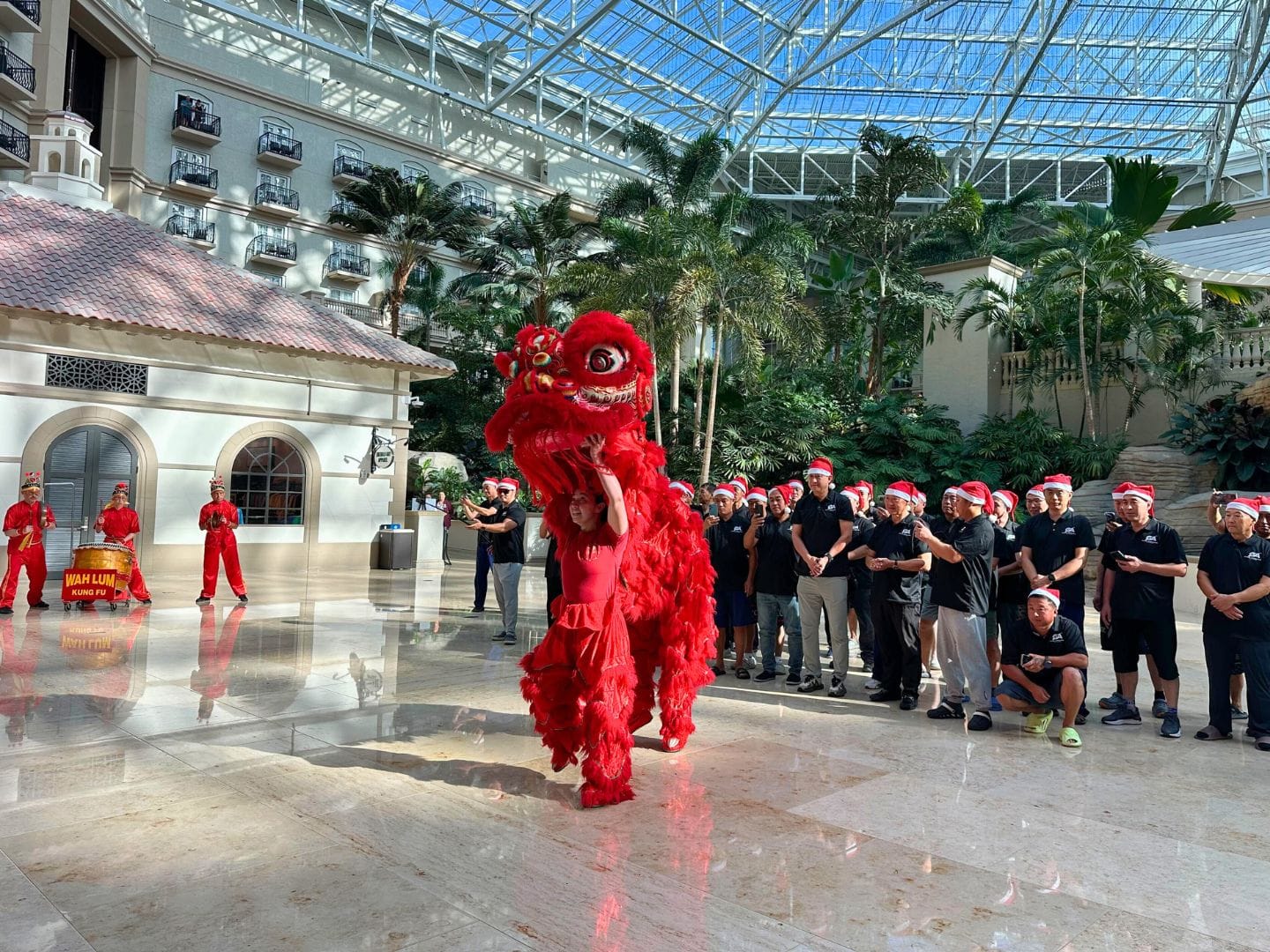Festive Teaching Moments at Home – Celebrating Holiday Traditions from Around the World
One of my favorite parts of the holiday season is helping my son discover how families around the world honor this magical time of year. Our family loves discovering how different cultures bring light and meaning to their celebrations.
In this quick post, I will review some of the most common holiday traditions from around the world and how to share them with your family. Plus, we’ll review some of the ways Orlando communities are celebrating this year.
Holiday Traditions from Around the World
Traditions with Light
Long before electric lights, people found ways to brighten winter’s darkness. The Yule celebration in northern Europe honored the winter solstice with candles, bonfires, and evergreen wreaths, marking the circular nature of the year. In our home, we talk about how the days grow longer after December 21, which brings hope.
During Hanukkah, Jewish families light the menorah for eight nights, remembering courage and faith that endured through history. Each evening includes blessings, songs, and foods like latkes and jelly doughnuts fried in oil (a delicious nod to the miracle of the oil that lasted eight days).

Chanukah Celebration – Reiter Park, Longwood
Dec. 21
Music, menorahs, and family fun in the park.
Lake Nona Hanukkah Celebration – Lake Nona Town Center
Dec. 21
Festivities include live entertainment, crafts, and joyful community spirit.
In India, Diwali fills homes with glowing diyas, symbolizing light’s triumph over darkness. Families share sweets, honor Lakshmi, and kids craft lanterns or rangoli art. Diwali took place on October 20, 2025 this year, but it is still a wonderful tradition to share with your family.
In Muslim homes, Ramadan brings another kind of light, one of reflection and generosity. Families fast from sunrise to sunset, then gather for iftar meals shared with neighbors and friends. When Ramadan ends, Eid al-Fitr bursts with color, community prayers, and sweet treats. Ramadan for the year 2026 starts on the evening of Tuesday, February 17th lasting 30 days and ending at sundown on Wednesday, March 18.
It is fascinating to see the themes of light involved in multiple traditions around the world during the holiday season.
Teaching Community During the Holidays
In our home, we also honor Christmas, and I love showing my son how it’s celebrated around the world. In Mexico, families observe Las Posadas, a nine-night procession re-creating Mary and Joseph’s search for shelter. In Italy, children await La Befana, a kind witch who brings sweets, while in the Philippines, families craft star-shaped parol lanterns that shine as symbols of hope and togetherness.
Across the community, preschools and local organizations add their own layers of meaning to this season of learning and celebration.
I spoke briefly with Eddwina Marchan, a preschool teacher at Children’s Lighthouse of Winter Garden, who shared what this time of year means in her classroom:
“I believe that holidays and traditions bring families and classrooms together in a special and meaningful way. In my preschool classroom, we keep God first in everything we do, and I use holidays as a time to remind children of love, gratitude, kindness, and the importance of family. Every child comes from a home that celebrates something special, and by taking time to honor those moments, children feel proud of who they are and where they come from.”
Like many families, ours is rooted in a mix of traditions. One thing I try to model for my son is curiosity and respect for other cultures, celebrating the diversity that surrounds us. When we learn about Kwanzaa, for example, we talk about the seven guiding principles—unity, creativity, and purpose among them. Each night from December 26 to January 1, families light candles on a kinara and reflect on these values, ending the week with a feast called Karamu.
In Japan, families mark the year’s end with Ōmisoka, a time for cleaning, reflection, and a meal of long soba noodles symbolizing long life. At sunrise, they gather for hatsu-hinode, which is the first sunrise of the new year, to welcome renewal and fresh beginnings.
Dongzhi, also known as the Winter Solstice Festival, holds deep cultural significance in Chinese tradition—some even say it’s more important than the Lunar New Year. Celebrated each year around December 20 or 21, when the night is longest and the day is shortest, this ancient holiday honors the changing of the seasons and the return of longer days. Families often gather to share special foods and reflect on balance, warmth, and togetherness during the coldest time of the year.

EPCOT Festival of the Holidays
For families who love learning by doing, EPCOT’s International Festival of the Holidays brings many of these traditions to life. Each pavilion shares its own stories and foods. My family loves listening to the Holiday Storytellers.
The Hanukkah storyteller shares songs and tales of perseverance. I get teary-eyed each time we watch the performance. In the Italy Pavilion, La Befana enchants with her story of kindness and forgiveness, leaving sweets for children as she continues her search for the Christ child.
Over in the Japan Pavilion, the Daruma storyteller teaches perseverance and goal-setting through the symbolic dolls of good fortune. In the United Kingdom Pavilion, Father Christmas evokes ancient Yule customs, celebrating renewal and goodwill.

And each evening, the Candlelight Processional fills the air with choral harmonies and the glow of candles, retelling the Biblical story of Christmas. It is a marvelous spectacle in the American Adventure Pavilion, the host pavilion of World Showcase.
Festival of the Holidays happens to be my favorite EPCOT festival for food because of the traditional tastes like tamales in Mexico or holiday cookies in Germany. Food is an easy way to make learning about traditions real.
Through stunning decorations and pageantry, EPCOT reminds us that light, both spiritual and shared, connects every celebration.
A Season of Understanding
Whether you light candles, share a meal, or tell stories around the table, every celebration adds a little glow to the season. Learning how other cultures honor light, community, and gratitude helps children see that the world is full of meaning.
That’s what I want my son to remember most: no matter what we honor or where we’re from, the holidays can be about kindness, curiosity, and connection.


